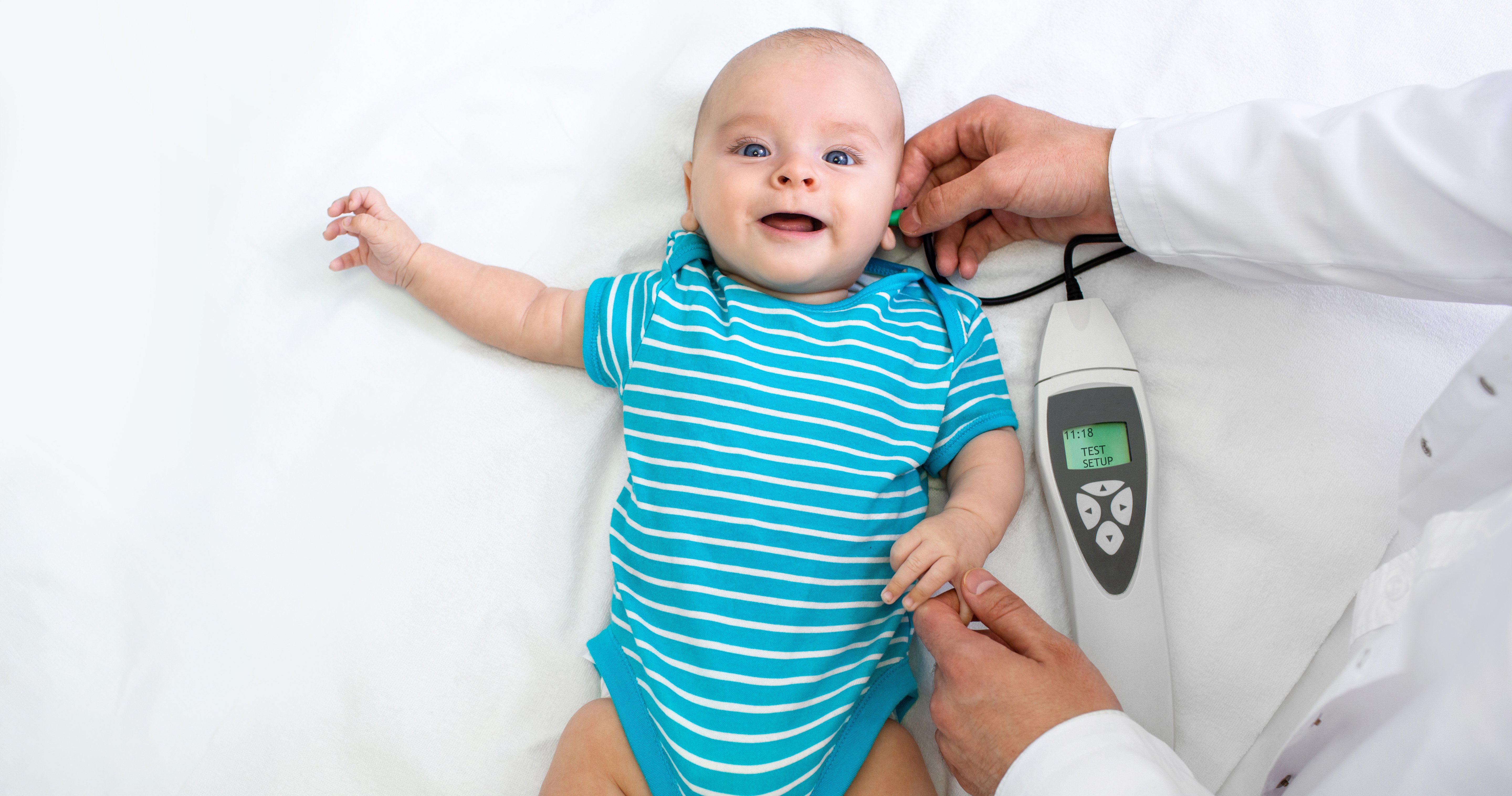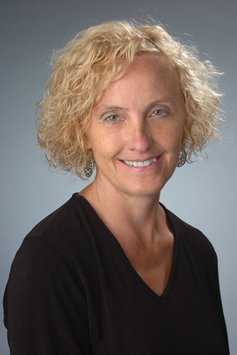Unlocking the Mysteries of Speech Processing
A new NIH grant funds Beth Prieve’s research exploring how infants process human speech.

Beth Prieve has spent nearly the entirety of her career studying hearing loss in infants. While previous research used clicks and tone bursts to measure infant hearing, her latest project explores hearing response to natural speech.
The two-year study, funded by a $440,000 grant from the National Institutes of Health, will make use of a new auditory tool developed by co-investigator Ross Maddox, associate professor of biomedical engineering and neuroscience at University of Rochester Medical Center, that uses spoken words from an Alice in Wonderland audiobook to measure infant auditory response to the brainstem and cortex. “I'm very interested in looking at the entire auditory system to understand how humans process sound,” says Prieve, professor of communication sciences and disorders and founder of the Pediatric Auditory Laboratory in the College of Arts and Sciences. “Now we will use actual speech, which is fantastic because we have to the potential to find some differences in babies who might have a language processing problem.”
According to the American Speech-Language-Hearing Association, more than 12,000 babies are born each year with some degree of hearing loss. Prieve, who is both an audiologist and neuroscientist, says the ability to efficiently process spoken speech through the hearing system is critical for learning spoken language. Problems with speech processing ultimately affect academic performance and social interactions. Pre-term infants, specifically, have a higher chance of having language delay, learning disability, autism and hearing loss than infants born at full term, and often one type of problem gets confused with another.

Prieve anticipates the data gathered through the study will help untangle deficits in the auditory system from other neurological problems. The project will measure the infant response to both traditional testing methods using short clicks, as well as the new tool using running human speech, testing both pre-term and term infants five months old or younger. “We're laying the groundwork by testing babies without a hearing loss to see what their responses look like,” she says. “From there, we’re hoping to answer some more intriguing and deeper questions in children with known hearing loss and other language-based disorders.”
Under a previous grant, Prieve and Maddox collected pilot data using the running speech tool by testing the hearing of 13 babies in the NICU at Crouse Hospital.
Prieve and Maddox believe the project has the potential to move the field forward in understanding language acquisition and communication disorders. “We’re trying to unlock mysteries on how speech is processed. There are a lot of kids born with language problems and sometimes, such as with autism, they don't get diagnosed until three or four years of age. What if we can find a technique that gives us some idea earlier if this child needs intervention?” Prieve says. “We anticipate that the results could directly impact intervention decisions for infants and toddlers.”
